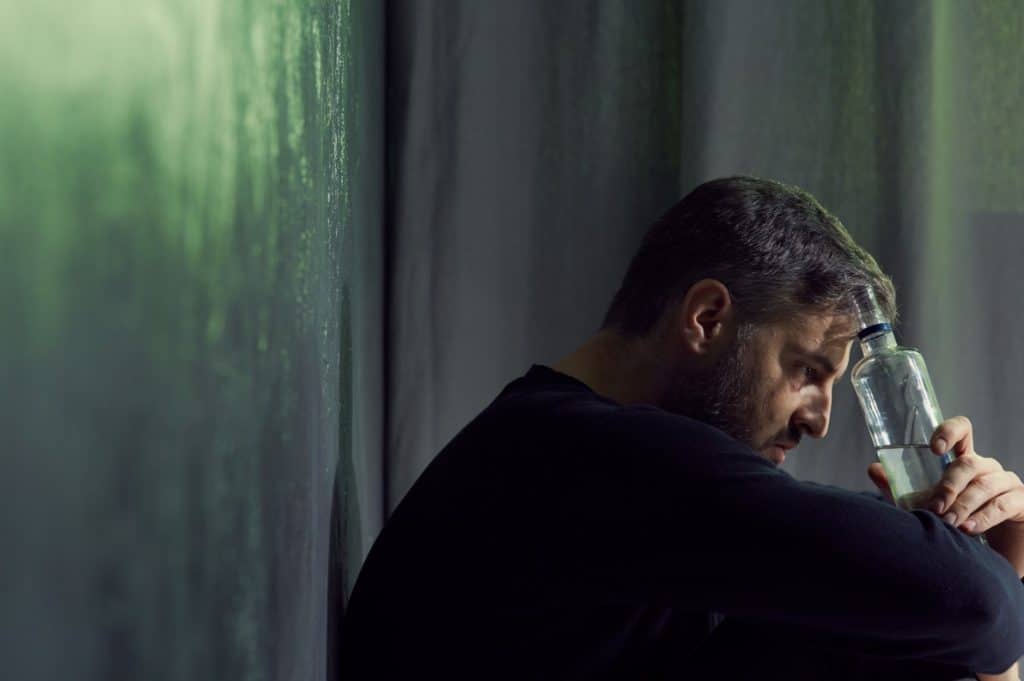The classification of addiction as a disease represents one of the most significant advances in addiction science and treatment. This understanding has transformed how we approach substance use disorders, leading to more effective treatments and reduced stigma. Here’s a comprehensive look at why addiction is recognized as a brain disease and what this means for treatment.
The Brain Disease Model of Addiction
Addiction is classified as a chronic brain disease characterized by compulsive substance use despite harmful consequences. Like other chronic diseases such as diabetes or heart disease, addiction involves regular or periodic symptoms, underlying physical changes, and the potential for relapse. It requires ongoing management and reflects complex interactions between biological and environmental factors.
How Addiction Changes the Brain
Structural Changes
Substance use disorders create measurable changes in brain structure, particularly in areas responsible for decision making and impulse control. These alterations affect reward processing, memory formation, and emotional regulation, fundamentally changing how the brain functions in both the short and long term.

Neurotransmitter Disruption
Addictive substances interfere with the brain’s natural chemical messaging system by flooding the brain with dopamine and altering natural reward pathways. This interference disrupts the balance of other neurotransmitters and creates lasting changes in brain chemistry that can persist long after substance use stops.
Reward System Alterations
Addiction fundamentally changes how the brain’s reward system functions. Natural rewards become less pleasurable as drug-seeking behavior becomes increasingly compulsive. Decision-making abilities become impaired, and stress responses are heightened, creating a cycle that reinforces continued substance use.
The Progressive Nature of Addiction
Like other chronic diseases, addiction typically follows a progressive course through several distinct stages.
Initial Use and Tolerance
The brain adapts to substance presence, requiring more of the substance to achieve the same effect. During this phase, natural reward systems begin to change, setting the stage for dependency.
Physical Dependence
As addiction progresses, the body requires substances to function normally, and withdrawal symptoms occur without substance use. Brain chemistry becomes significantly altered, making it increasingly difficult to function without the substance.
Compulsive Use
The final stage involves loss of control over use and continued use despite negative consequences. Changes in behavior and priorities become evident as the disease takes hold.
Why Professional Treatment is Necessary
The brain disease model of addiction explains why professional treatment is crucial. Medical management requires safe detoxification, management of withdrawal symptoms, and treatment of co-occurring conditions. Therapeutic intervention addresses underlying causes while helping develop coping skills and preventing relapse.
Impact on Treatment Approaches
Understanding addiction as a disease influences treatment methods through comprehensive care and long-term management strategies. Treatment includes medical supervision, behavioral therapy, support group participation, and family involvement, along with thorough aftercare planning.
Reducing Stigma Through Understanding
The disease model helps reduce addiction stigma by explaining the biological basis of addiction and demonstrating the need for medical treatment. This framework shows that addiction is not a moral failing and supports the implementation of evidence-based interventions.
Treatment at Destination Hope
At Destination Hope, our treatment programs reflect the latest understanding of addiction as a brain disease. We provide comprehensive medical care through health assessments, medically supervised detoxification, and ongoing health monitoring. Our therapeutic support includes individual counseling, group therapy, and family programs, complemented by behavioral interventions.
Recovery Planning
Our approach to recovery planning emphasizes individualized treatment plans and relapse prevention strategies. We coordinate aftercare and help develop support systems that promote long-term recovery success.
Begin Your Recovery Journey
Understanding addiction as a disease opens the door to effective treatment. Contact Destination Hope at 954-302-4269 to learn more about our comprehensive treatment programs designed to address both the biological and behavioral aspects of addiction. Our experienced team is ready to help you start your path to recovery.

